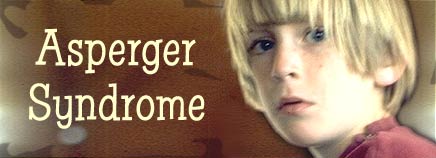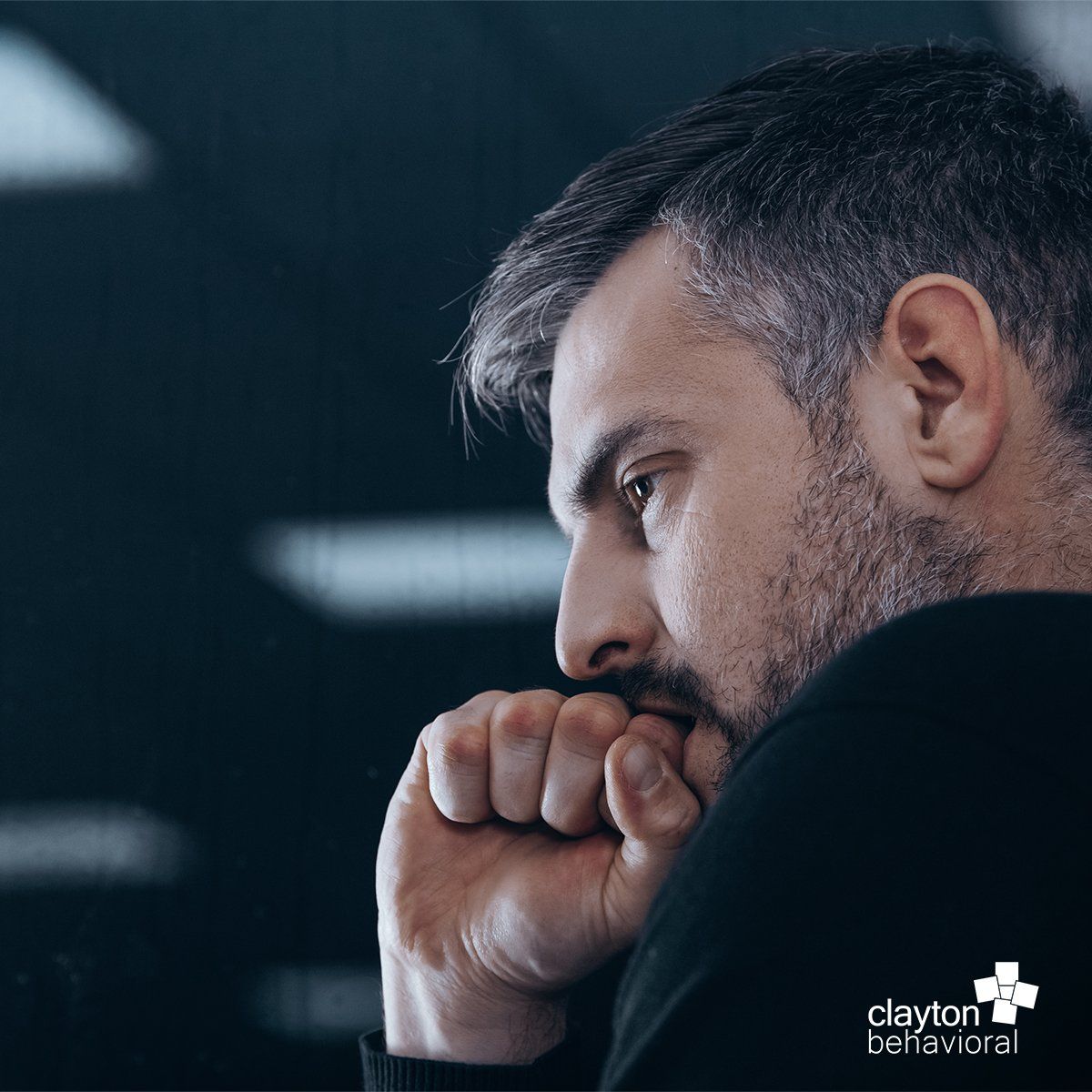Did Hans Asperger have Asperger´s syndrome?

Hans Asperger (1906-1980) was a Viennese physician who published the first definition of Asperger's syndrome in 1944. He identified a pattern of behavior and abilities that included "a lack of empathy, little ability to form friendships, one-sided conversation, intense absorption in a special interest, and clumsy movements." Asperger called children with AS "little professors" because of their ability to talk about their favorite subject in great detail. Asperger was convinced that many of the children he identified as having autistic symptoms would use their special talents in adulthood. He followed one child, Fritz V., into adulthood. Fritz V. became a professor of astronomy and solved an error in Newton’s work he originally noticed as a child.
Asperger died before his identification of this pattern of behavior became widely recognized, because his work was mostly in German and barely translated. The term "Asperger's syndrome" was popularized in a 1981 paper by British researcher Lorna Wing, MD, who had an autistic daughter and became involved in researching developmental disorders.
Interestingly, as a child, Hans Asperger appears to have exhibited features of the very condition named after him. He was described as a remote and lonely child, who had difficulty making friends. He was talented in language; he was interested in the Austrian poet Franz Grillparzer, whose poetry he would frequently quote to his uninterested classmates. He also liked to quote himself and often referred to himself from a third-person perspective, typical symptoms of what we now call Asperger's syndrome.
There are many resources to help patients and families better understand this condition. The australian psychologist Tony Attwood has one of the more comprehensive websites ( www.tonyattwood.com.au ). His philosophy (very much like the one supported by Hans Asperger) is to view the patients as differentially abled rather than disabled. A thorough inventory of strengths and weaknesess can help patients become active members of society. Many AS patients have great computer skills and, not surprisingly, a vibrant virtual community exists (for an interesting perspective from patients, visit www.aspiesforfreedom.com ). You may also want to learn about the www.aspiequiz.com or the autism spectrum quotient ( aq.server8.org ).
Overall, kids on the autism spectrum have wonderful potentials and should be given every opportunity to succeed. They often have a unique way of viewing the world, which can be surprisingly insightful. They are capable of great accomplishments. Temple Grandin, PhD, is one of the best examples of success within the spectrum. She didn't talk until she was three and a half years old, communicating her frustration instead by screaming, peeping and humming. In 1950, she was labeled "autistic," and her parents were told she should be institutionalized. She tells her story in her book Emergence: Labeled Autistic , a book which stunned the world because, until its publication, most professionals and parents assumed being diagnosed "autistic" was virtually a death sentence to achievement or productivity in life.









